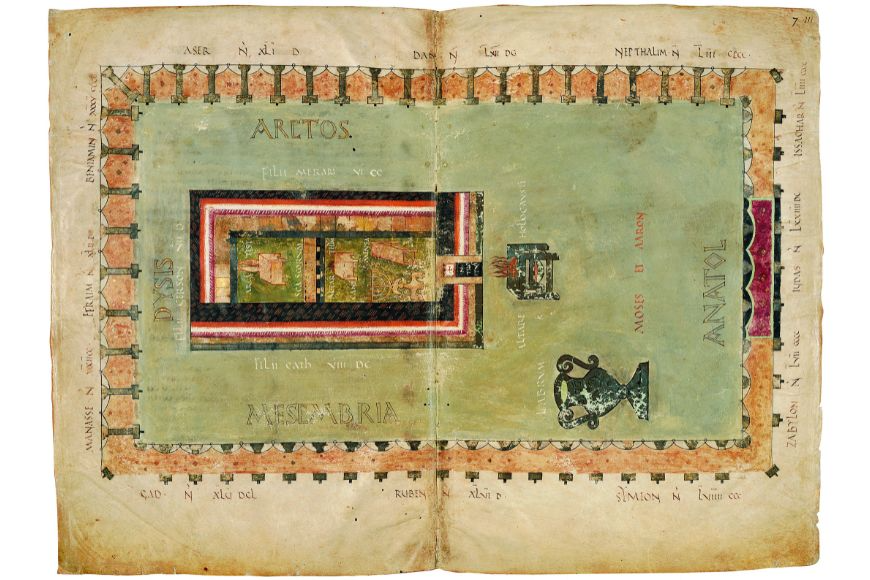2024 Rutherford Aris Memorial Lecture
1011 Washington Ave S
Minneapolis,
MN
55415
*Please RSVP using the "Registration" button*
Note: A reception will precede the lecture and begin at 6:00 pm. The lecture will begin at 7:00 pm. Both events are open to the public.
About the Lecture
‘The Book and the Silk Roads’ project (2019-22), now in its second phase as ‘Hidden Stories’ (2023-26), approaches the local and global study of the book through a range of geographical paradigms, especially Mediterranean Studies and Silk Road Studies. These disciplinary frameworks for articulating relationships of communities and cultures over time produce mapping schemas that travel across seas and over land, as we highlighted in our 2021-22 exhibition at The Aga Khan Museum and its digital companion. But how to map diasporic communities, keeping track not only of communities of origin, but patterns of use and practices of care? Mapping diasporic communities – especially through their books and book-adjacent materials – provides a way to tell the story of each book over time in a way that reflects the complicated pathways by which it comes to our present moment. Craft practices and evidence of reader use, as well as histories of provenance – including the marks of colonialism – are part of the history of the book. This talk focuses on three of the nine geographical regions of the ‘Hidden Stories’ project – ‘Global Judaica,’ ‘Ethiopia and Coastal East Africa,’ and ‘Great Lakes/Eastern Woodlands,’ offering case studies that explore what mapping diaspora looks like for these local manifestations of global book history. Through a consideration of the spatial logic of diaspora, both in its original context with reference to Jewish history and in its extended use within the field of Diaspora Studies, this paper offers some methodological possibilities that might enable a more supple mapping of the past.
About the Speaker
Suzanne Conklin Akbari is Professor of Medieval Studies at the Institute for Advanced Study in Princeton, NJ. Her books are on optics and allegory (Seeing Through the Veil) and European views of Islam and the Orient (Idols in the East), and she’s also edited volumes on travel literature (Marco Polo), Mediterranean Studies (A Sea of Languages), and somatic histories (The Ends of the Body), plus How We Write and How We Read. Her most recent co-edited books are The Oxford Handbook of Chaucer (2020) and Practices of Commentary: Medieval Traditions and Transmissions (2023). An editor of the Norton Anthology of World Literature, Akbari co-hosts a literature podcast called The Spouter-Inn.
About the Aris Lecture
The Rutherford Aris Memorial Lecture in Medieval Communication Technologies in honor of renowned University of Minnesota paleography and chemical engineering professor Rutherford “Gus” Aris. The lecture’s focus is inspired by Aris's interests in “communication technologies” (codicology, paleography, early print culture, diplomatics, numismatics, epigraphy, and the digital study of manuscript culture). This focus offers an intellectual space where Digital Humanities and many of the most exciting projects utilizing the web and digital technologies meet medieval studies and scholars of the Middle Ages.
